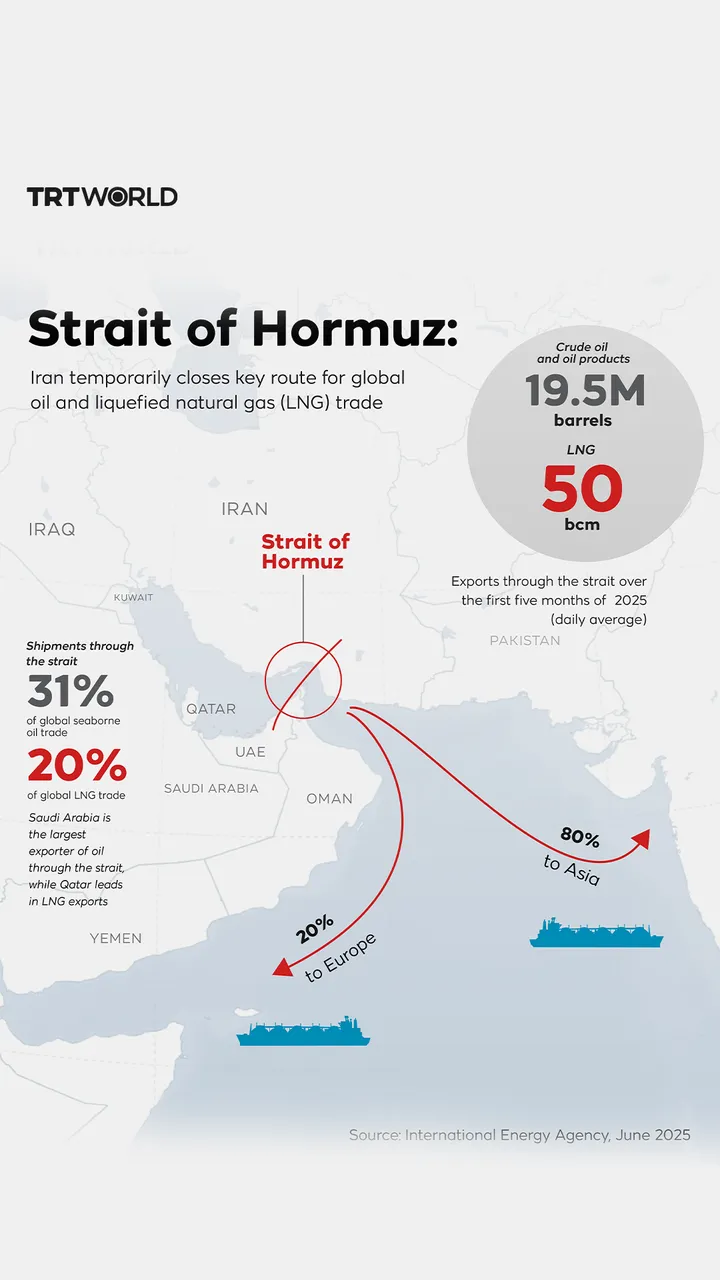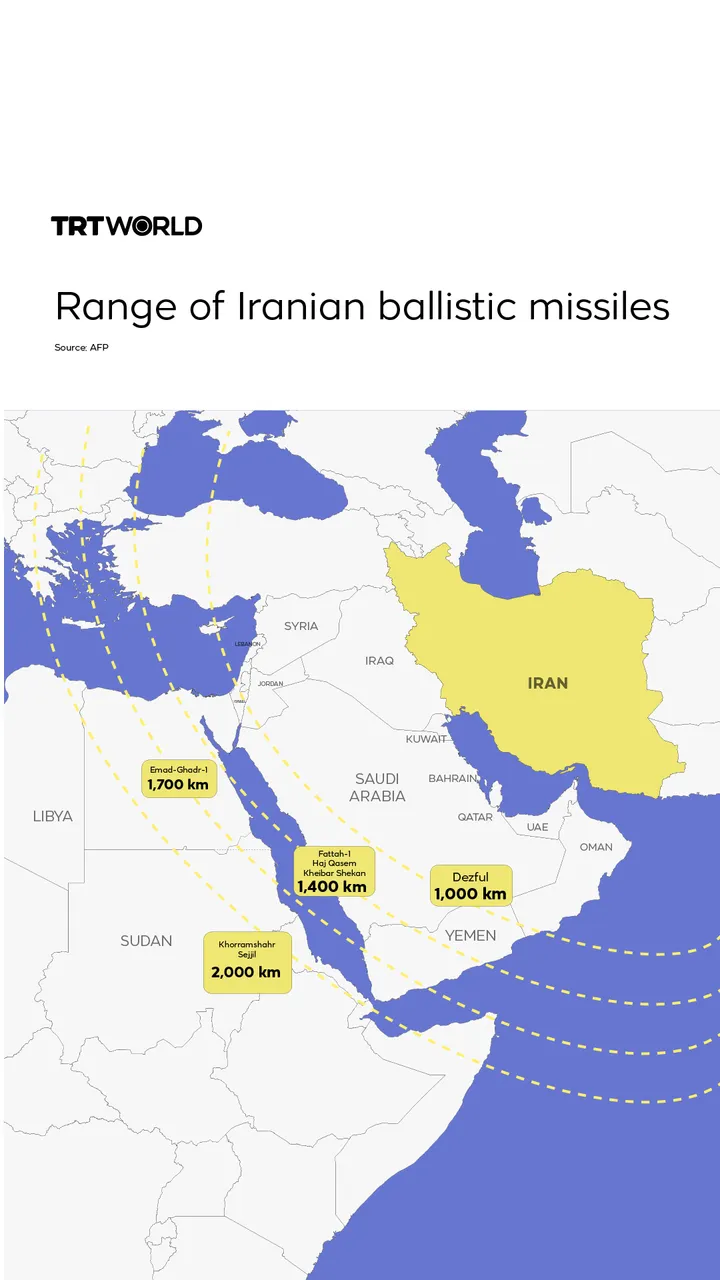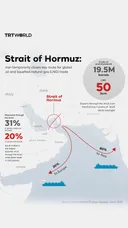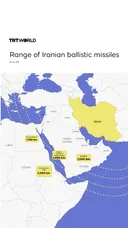Pakistan on Sunday condemned a drone attack by Yemen's Houthis on Saudi Arabia's Abha city.
The statement by the Pakistani foreign office commended Riyadh's forces for intercepting and destroying the drone before it could cause any serious damage.
But this time around politicians from major parties, including the governing coalition and opposition, have backed the foreign office’s condemnation of the Houthi attack for the first time.
Pakistan’s foreign office has routinely condemned Houthi strikes targeting Saudi cities, regardless of which political party held power, however, politicians have strived to remain neutral in the regional dispute and ensuing war.
The conflict in Yemen dates back to 2014, when tens of thousands Yemenis took to the streets of the capital Sanaa, calling on the government to resign following a decision to cut fuel subsidies.
Taking advantage of the unrest, Iran-aligned Houthis toppled President Abd Rabbu Mansour Hadi as they advanced to Sanaa from their stronghold Sadaa.
Pakistan’s parliament decided in April 2015 that Islamabad would stay neutral in the Yemen crisis, a month after a Saudi-led coalition intervened in the conflict conducting airstrikes against the Houthi rebels.
The Saudi intervention and partial blockade have resulted in what the United Nations calls the world's worst man-made humanitarian disaster in a country that was already struggling with years of instability and where almost half of its population was living below the poverty line.
The resulting conflict has killed more than 10,000 people and pushed the already impoverished country to the brink of famine.
While Islamabad’s condemnation of Houthi attacks on Saudi Arabian territory has remained consistent, Pakistani politicians have all along emphasised the country’s neutrality and sought a mediating role between the warring parties.
The latest statement from political leaders condemning the attack comes on the heels of a recent statement from Iran, echoing Pakistan’s arch-rival India.
In it, Iran asks Islamabad to take action against Al Qaeda-linked militant groups following a deadly suicide bombing that killed 27 elite Revolutionary Guards near the Pakistan-Iran border earlier this year.
Iran’s statements blaming Pakistan for the attack came a day before Saudi Crown Prince Mohammed bin Salman’s visit to Islamabad and amid recent Indo-Pakistan tensions, resulting from another deadly suicide bombing carried out by a local man in disputed India-administered Kashmir, which killed more than 40 Indian paramilitary personnel.
Arab News quoted a Pakistan Peoples Party (PPP) leader Naveed Chaudhry as saying: “It is a historic fact that Pakistan has always stood by the Kingdom and will continue to do so to protect the sovereignty of Saudi Arabia.”
The PPP has in the past opposed Pakistan's involvement in the conflict emphasising a neutral stance from Islamabad as "Saudi Arabia was capable of defending itself without Pakistan's assistance."
Senior PPP leader, Senator Sherry Rehman, commenting on Pakistan's proposed role as a mediator between Saudi Arabia and the Houthis raised the question: "How can Pakistan act as a mediator in the conflict when it is taking loans from Saudi Arabia?"
Commenting on the recent Houthi drone strike, Chaudhry said the Houthis "should understand the human cost of the conflict and abide by recent UN agreements".
The Arab News article also quoted the Pakistan Muslim League - Nawaz (PML-N)'s Raja Mohammed Zafarul Haq, who is the leader of the opposition in the Senate, as saying that Houthi rebels were trying to undermine the territorial integrity of Saudi Arabia “with the complicity of some other countries.”
The PML-N, while in power, had always maintained a neutral stance in the Yemen conflict. The statement by the Senate opposition leader is the first time a member of his party has hinted at Iran's role in attempting to destabilise Saudi Arabia.
Omar Sarfraz Cheema, Central Information Secretary of the Pakistan Tehreek-e-Insaf (PTI) politica party, told Arab News on March 10: “Pakistan Tehreek-e-Insaf strongly condemns this incident, as it is against international law and the UN charter to target civilians in any conflict.”
The PTI, before coming into power in July 2018, saw the conflict as having sectarian overtones.
When Pakistan’s former army chief General Raheel Sharif was appointed chief of the 39-nation Islamic military coalition to combat terrorism in March 2017, PTI leader Shireen Mazari had said: “Pakistan cannot afford to enter into any intra-Muslim states’ power games, especially those with sectarian overtones.”
Mazari, who is now Pakistan's Minister of Human Rights, saw Sharif’s appointment as contradictory to the April 2015 resolution on neutrality and added that the “parliament doesn’t want Pakistan getting even remotely involved in any conflict that has or could have sectarian undertones”.
Pakistan and its politicians have largely remained silent on the Saudi-led coalition air strikes that have killed scores of Yemeni civilians.
A UN panel of human rights experts has said that some coalition air strikes may constitute war crimes.
The PTI, PPP and PML-N leaders could not be reached for a comment despite repeated attempts by TRT World.























